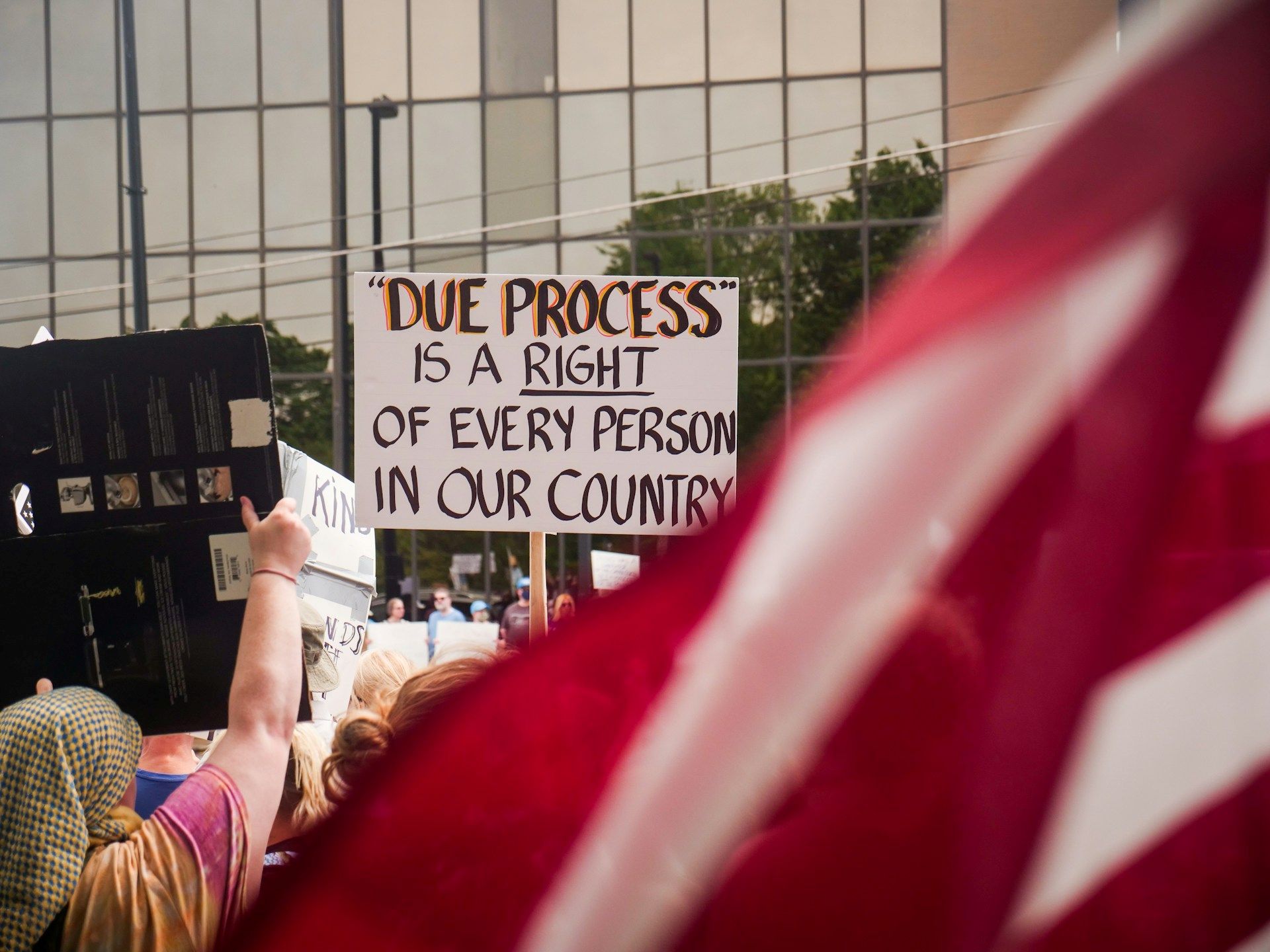In August 2025, the Trump administration petitioned the U.S. Supreme Court to lift restrictions imposed on immigration raids in Los Angeles. This legal battle revolves around a district court’s ruling that restricted certain enforcement actions, which the Justice Department argued were essential to addressing immigration concerns in the region. The administration’s request for Supreme Court intervention highlights the ongoing tensions between executive power and judicial oversight in immigration enforcement.
The case comes in the wake of a broader strategy by the Trump administration to escalate immigration raids, which have been met with widespread protests and legal challenges. The administration’s ambition to step up arrests to a target of 3,000 per day, alongside increasing the deployment of U.S. military forces to support these actions, has drawn sharp criticism from civil rights advocates. A class action lawsuit filed in Los Angeles accused the government of violating constitutional protections, particularly those enshrined in the Fourth Amendment, related to illegal searches and seizures during these raids.
U.S. District Judge Maame Frimpong’s temporary restraining order halted certain immigration enforcement tactics. This order was supported by the 9th Circuit Court of Appeals when it denied the administration’s appeal. As a result, the Trump administration has now escalated the case to the U.S. Supreme Court, seeking to overturn the lower court’s injunction and resume its aggressive tactics.
The ACLU, representing the plaintiffs, has defended the decision, arguing that it upholds constitutional norms by protecting individuals from unconstitutional searches and seizures. The case is poised to become a critical point in determining the scope of executive power in enforcing immigration laws, balancing national security interests against the safeguarding of civil liberties.
This legal challenge may shape the future of immigration policy and the broader interpretation of constitutional protections. If the Supreme Court sides with the administration, it would significantly alter the legal landscape for immigration enforcement in the U.S., affecting how law enforcement operates in immigrant communities and potentially setting new precedents for executive authority in matters of national security.


